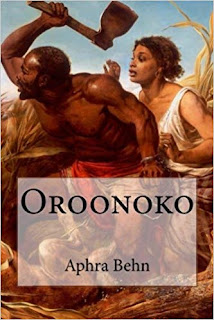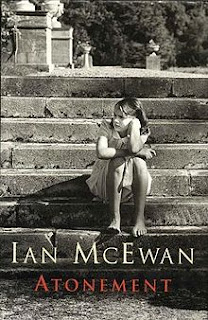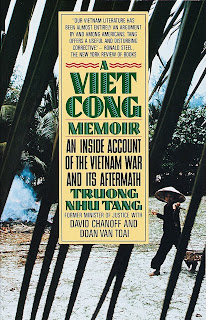Oroonoko - 1688 & the Future of the Abolotionist Movement

Aphra Behn's Oroonoko was published in 1688, the same year as the Glorious Revolution which established the supremacy of parliament over the British monarchy. One can only imagine the tense political atmosphere that existed while Ms. Behn crafted her novel. Literature often masked political stories because laws known as lese majeste prevented criticism against the monarchy. With Oroonoko, Behn created a formula that was adopted by American abolitionists in the 19th century. Such didactic stories depicted sympathetic black characters, often quadroons passing for white, who were educated and raised with aristocrats, but due to unfortunate circumstances found themselves enslaved. And in some cases, chose to be butchered alive rather than live the rest of their lives as slaves. Amazon eBook: Firm Resolve Facebook Author Page Twitter: Firm Resolve #AphraBehn #Oroonoko #1688 #Glo...

